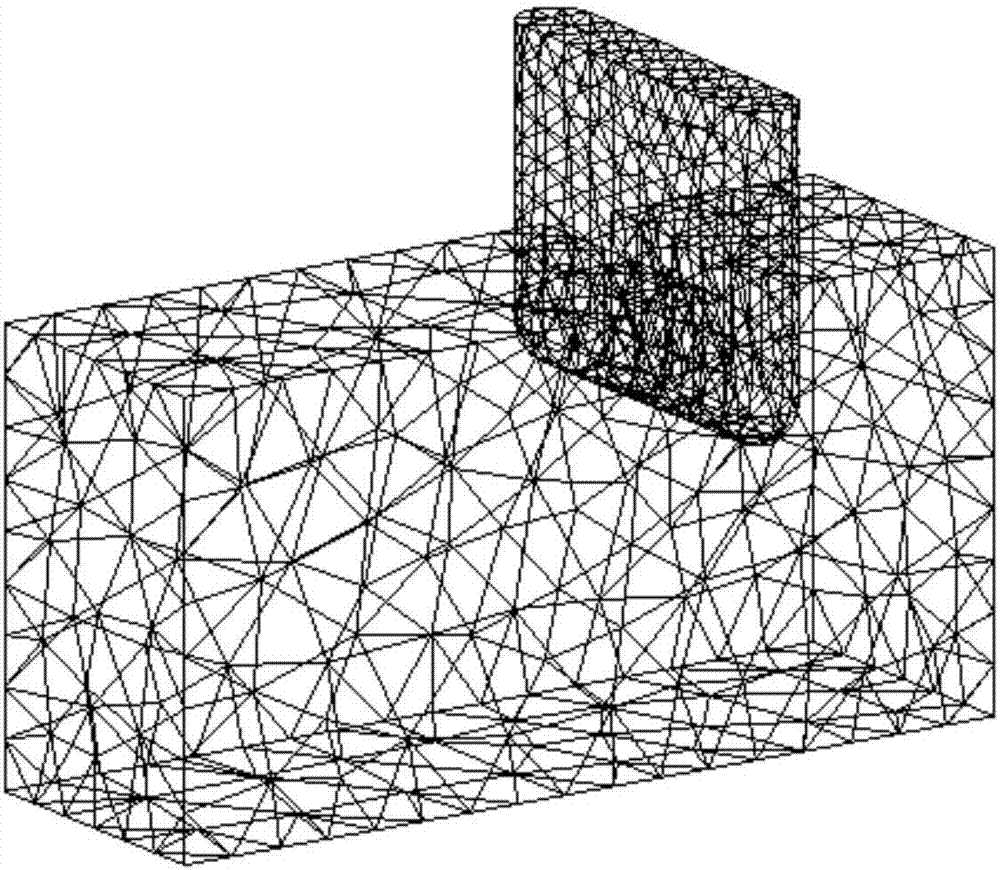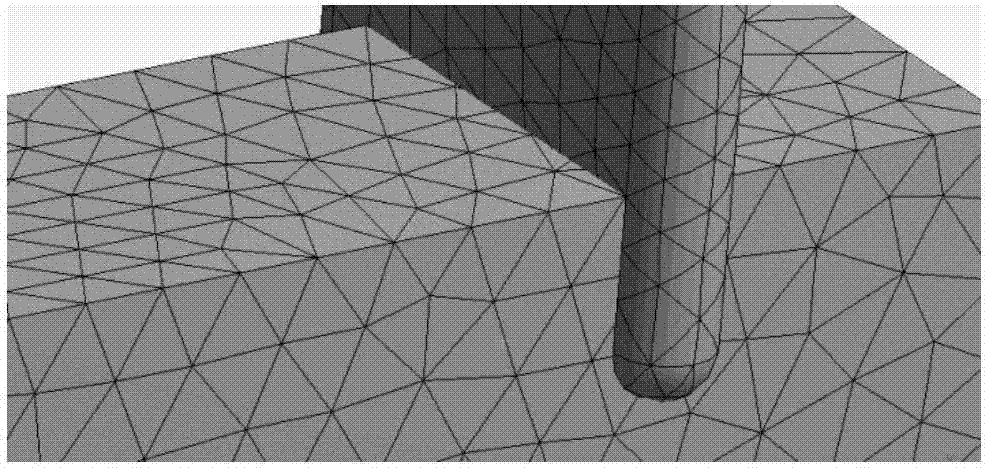STL-model-based material removal algorithm in numeral control machining geometric simulation
A model and algorithm technology, applied in the field of virtual CNC machining, can solve problems such as poor real-time performance, low machining efficiency, and large errors
- Summary
- Abstract
- Description
- Claims
- Application Information
AI Technical Summary
Problems solved by technology
Method used
Image
Examples
Embodiment Construction
[0037] The present invention will be described in detail below in conjunction with the accompanying drawings and embodiments.
[0038] Such as figure 1 As shown, the present invention provides a material removal algorithm based on the STL model in the geometric simulation of numerical control machining. Line segments and intersection rings; the workpiece to be machined and the sweeping tool model are both in STL format, and a boundary line will be generated when the sweeping tool cuts the workpiece. The overall structure is as follows figure 2 shown, from image 3 It can be seen that the boundary line produced by the tool sweep body cutting the workpiece is a closed loop; the closed loop divides the processed workpiece and the tool sweep body into two parts. Concrete steps of the present invention are as follows:
[0039] 1) Convert the processed workpiece and tool sweep body generated by CAD into STL format, as shown in the attached Figure 4a , Figure 4b , Figure 5a...
PUM
 Login to View More
Login to View More Abstract
Description
Claims
Application Information
 Login to View More
Login to View More - R&D
- Intellectual Property
- Life Sciences
- Materials
- Tech Scout
- Unparalleled Data Quality
- Higher Quality Content
- 60% Fewer Hallucinations
Browse by: Latest US Patents, China's latest patents, Technical Efficacy Thesaurus, Application Domain, Technology Topic, Popular Technical Reports.
© 2025 PatSnap. All rights reserved.Legal|Privacy policy|Modern Slavery Act Transparency Statement|Sitemap|About US| Contact US: help@patsnap.com



